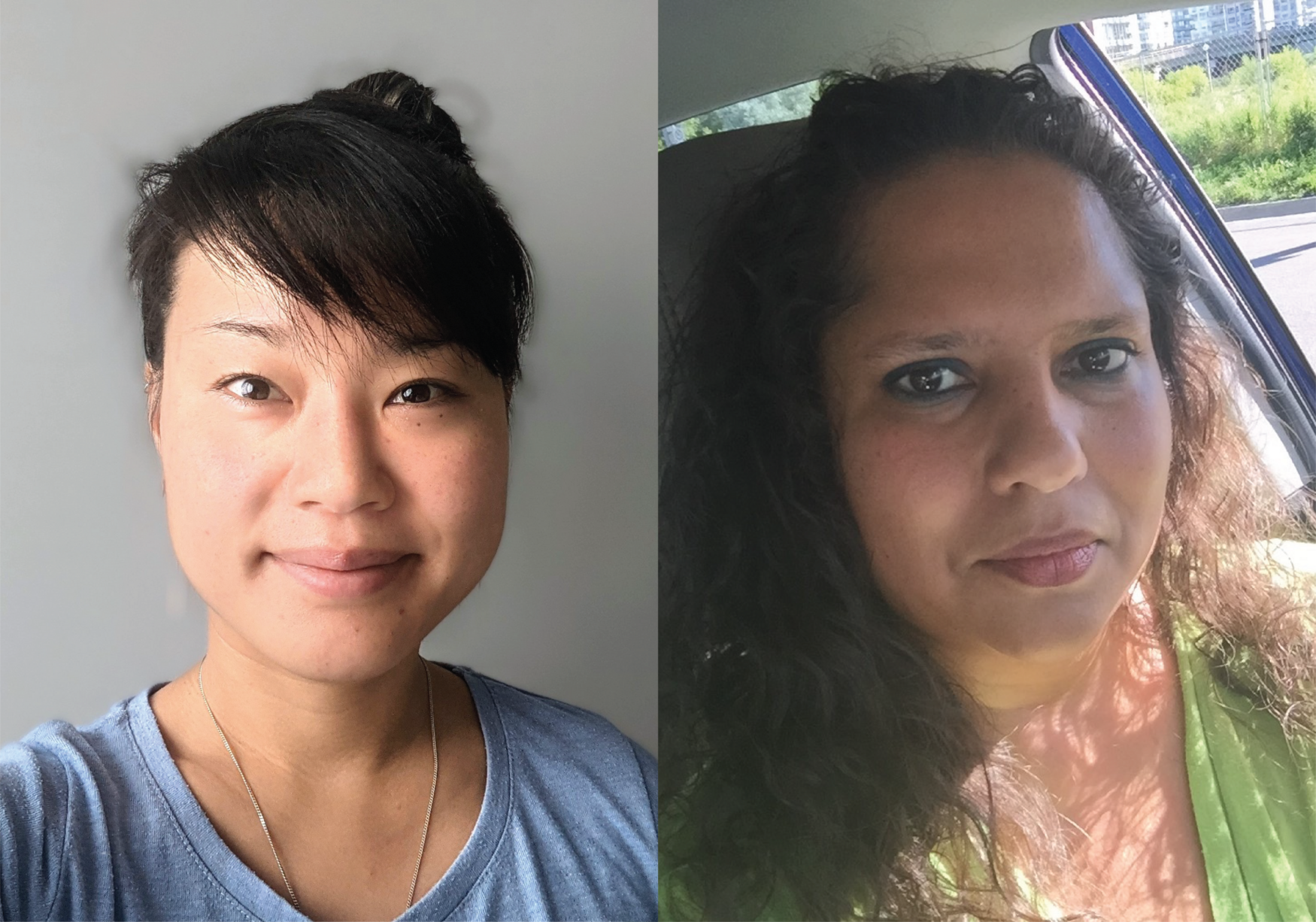Mar 17, 2022
Global Women’s Health and Equity fellow partners with Access Alliance to improve reproductive care for refugees
Dr. Jenny Yang and midwife Manavi Handa provide medical abortions and IUDs to newly arrived Afghan refugees and uninsured populations

Dr. Jenny Yang and Professor Manavi Handa
